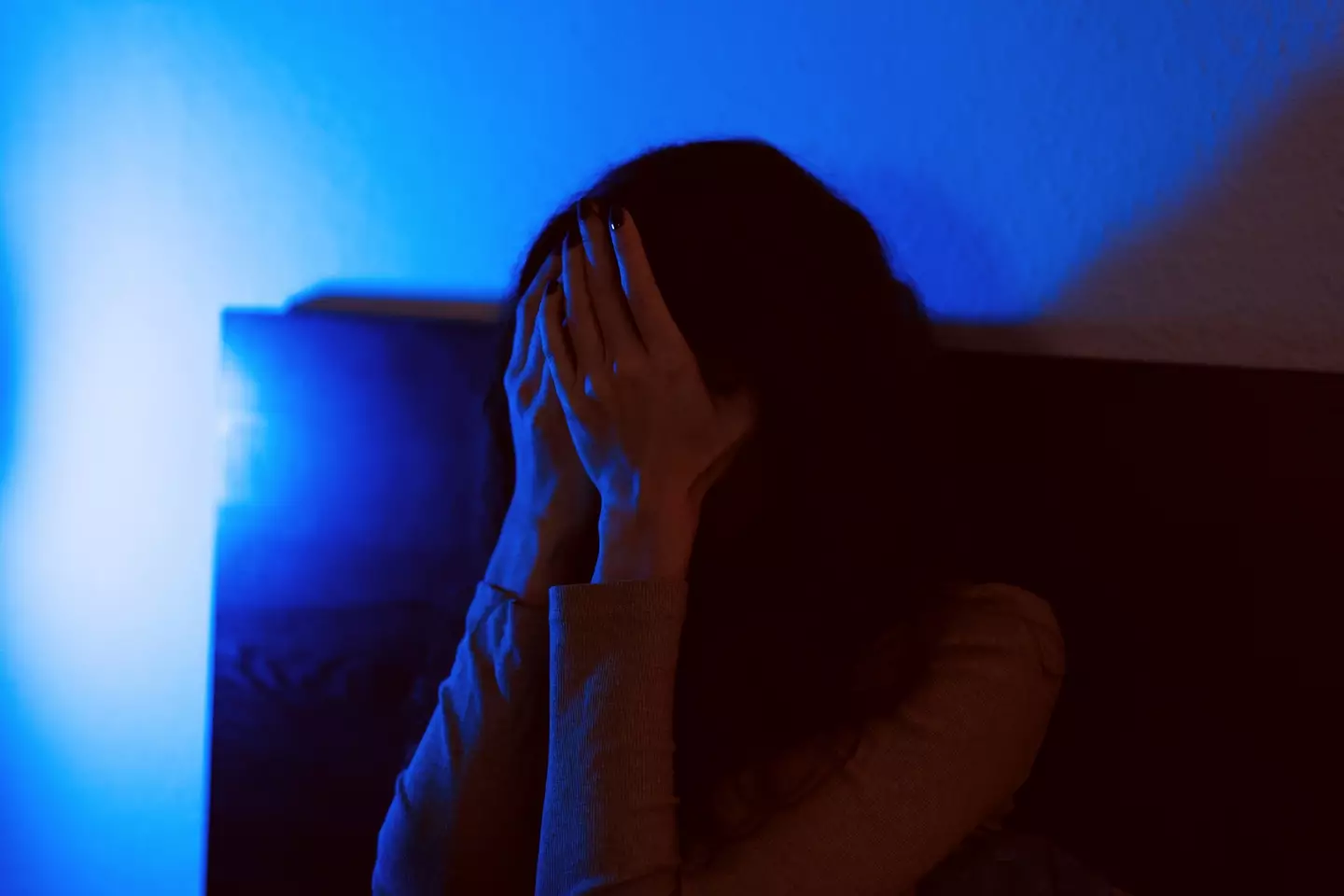A brand-new study has revealed that a debilitating condition has tripled in a decade among Gen Z.
The condition in question, Obsessive Compulsive Disorder (OCD), affects people differently, but usually causes a particular pattern of frequent obsessive thoughts and compulsive behaviours.
The NHS defines an obsession as 'an unwanted and unpleasant thought, image or urge that repeatedly enters your mind, causing feelings of anxiety, disgust or unease' as well as defining a compulsion as 'a repetitive behaviour or mental act that you feel you need to do to temporarily relieve the unpleasant feelings brought on by the obsessive thought'.
A recent BBC analysis of NHS data has revealed a sharp rise in OCD among young people in England, with the number of 16–24-year-olds reporting symptoms more than tripling in the past decade.
The number of 16–24-year-olds reporting OCD symptoms has more than tripled in the past decade (MTStock Studio / Getty Images) Back in 2014, around 113,000 young adults were identified as experiencing OCD symptoms, but by 2023/24, that number had surged to approximately 370,000.
Such a figure means that OCD has now become the second most common mental health condition among young adults, behind only generalised anxiety disorder.
However, despite such an exponential rise, many young people face long waits for treatment, with the average referral time to the national OCD centre in London having grown from 15 weeks in 2020 to 41 weeks in 2024, according to a response to the BBC's Freedom of Information Act request.
Charities have described the situation as an emerging 'OCD crisis', with overstretched services, a shortage of specialists, and families often forced to pay privately for care.
Experts have since pointed to several factors which may have contributed to the increase in OCD among Gen Z.
Leigh Wallbank, chief executive of charity OCD Action, describes many young people's lives as a 'pressure pot'.
Experts have described many young people's lives as a 'pressure pot' (Olena Malik / Getty Images) "They're facing financial issues, educational issues, global issues - the environment is such a big issue," she told the publication. "I think of them living in this pressure pot, and then underneath that, giving heat to this pressure pot, is social media.
Minesh Patel, associate director of policy and influencing at the mental health charity, Mind, noted that the Covid-19 pandemic also played a part.
He explained that the pandemic put a 'particular and unique strain' on people with OCD, with disruption to routine, an inversion of social norms and a hyperfocus on hygiene.
"Barriers to social interaction, including treatment and support services, meant that many coping mechanisms were disrupted or unavailable for an extended period of time," the expert added..
Underlying all these factors is a strained mental health system that has not kept pace with growing demand.
A spokesperson for the Department of Health and Social Care said the government had inherited a broken NHS with mental health services suffering following years of neglect, adding that funding was now being boosted by £688m.
Find out more about OCD on the official NHS website here.

 Rhiannon Ingle
Rhiannon Ingle
